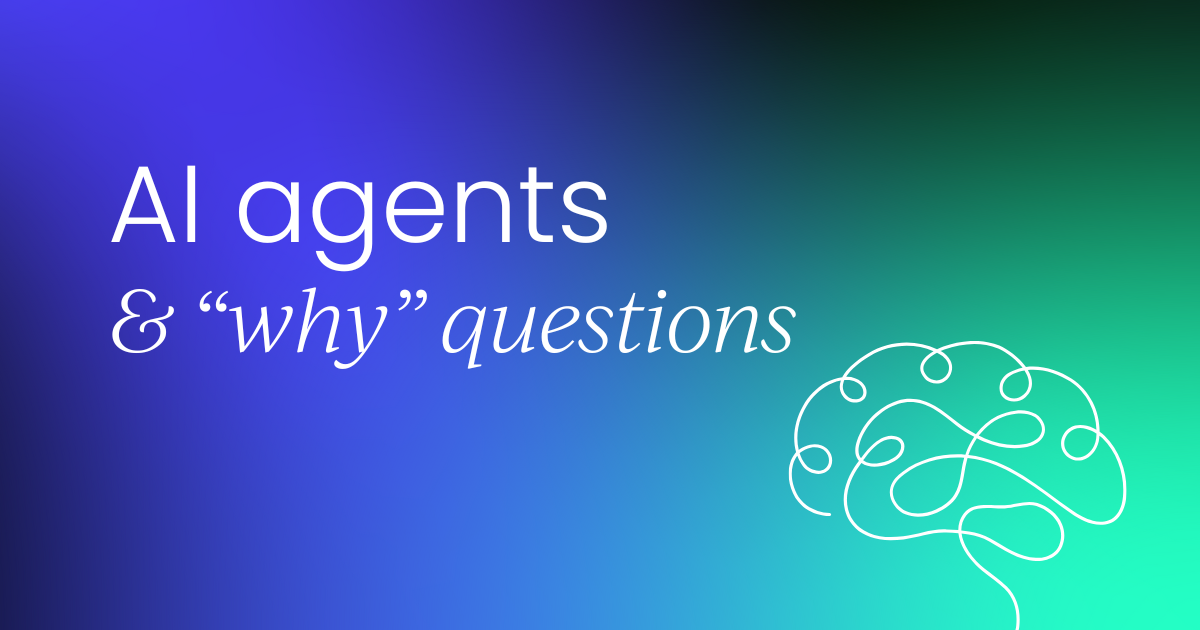Unlearning as Ablation: Toward a Falsifiable Benchmark for Generative Scientific Discovery
NeutralArtificial Intelligence
- A recent study proposes a method called unlearning-as-ablation to evaluate the generative capabilities of large language models (LLMs) in scientific discovery. This approach involves systematically removing target results and assessing whether the models can re-derive them using only permitted axioms and tools, aiming to distinguish between genuine knowledge generation and mere recall.
- This development is significant as it challenges the current understanding of LLMs' capabilities, pushing for a more rigorous evaluation of their role in scientific research. Success in this method could validate the potential of AI in generating new knowledge, while failure would highlight existing limitations.
- The discourse surrounding AI's role in science is evolving, with various techniques emerging to address biases and enhance reasoning in LLMs. Methods like Geometric-Disentanglement Unlearning aim to refine AI models, while frameworks for evaluating LLM explanations and factual robustness are gaining traction. These developments reflect a broader trend of scrutinizing AI's reliability and effectiveness in high-stakes applications.
— via World Pulse Now AI Editorial System



